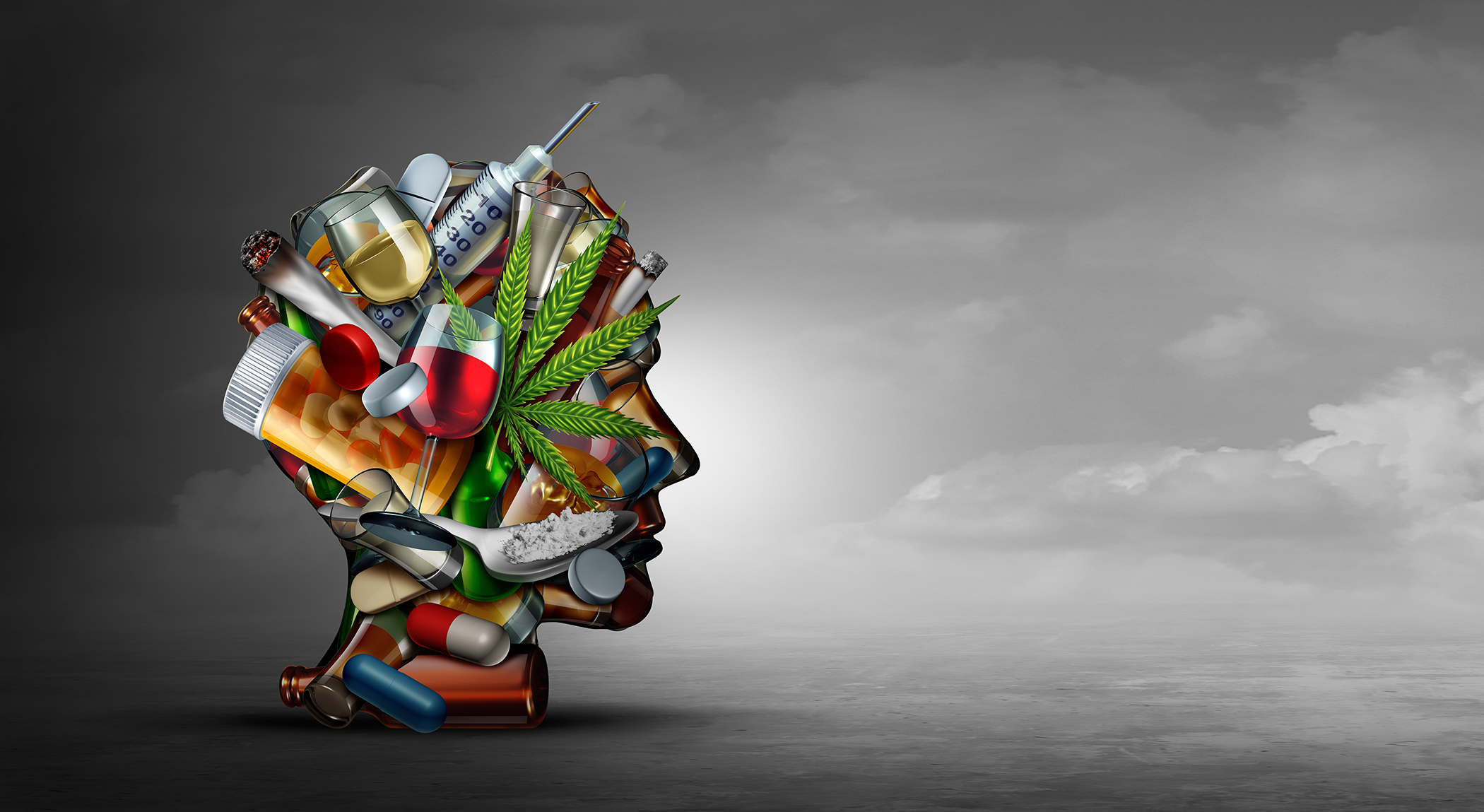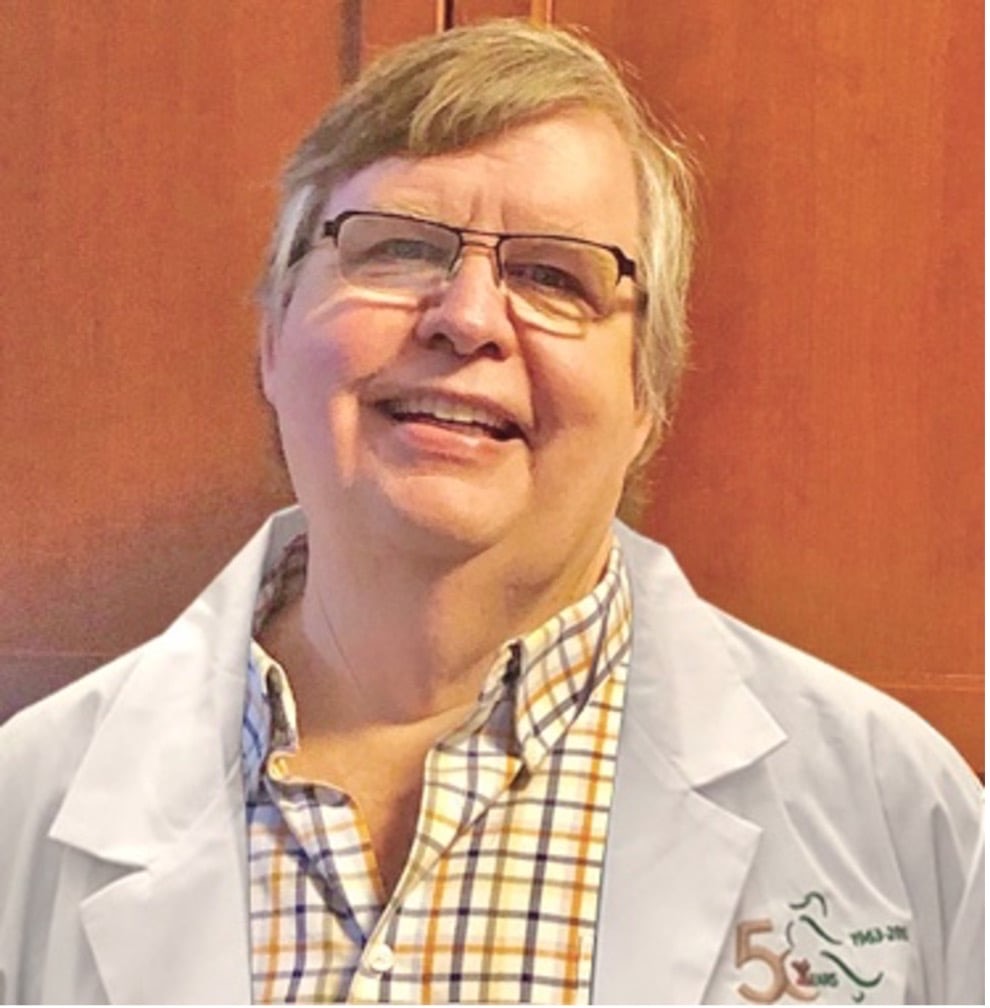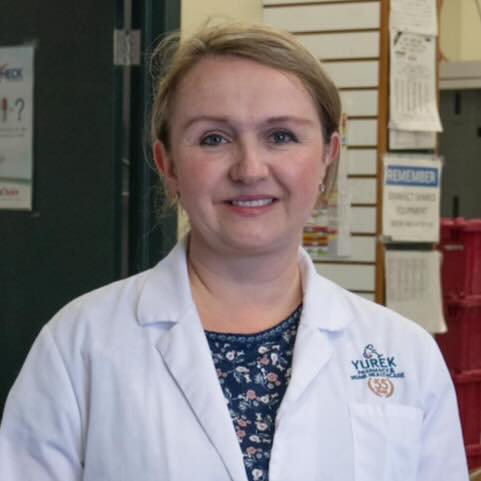By: Mahdi Khanafer, Your Neighbourhood Pharmacist
The tragedy of death caused by a drug overdose is real and present in our world today and is preventable. An overdose occurs when you have too much of a drug, or a combination of drugs that overwhelm your body. All drugs may cause an overdose including prescription medication and alcohol. Knowing how much and when to take your medication and when not to mix drugs is vital in order to prevent overdosing.
Different types of drugs cause different symptoms and signs of an overdose.
- Depressants (i.e., benzodiazepines, barbiturates) and Opioids (i.e., oxycodone, fentanyl) slow breathing and heart rate, sometimes to the point of death
- Alcohol- too much alcohol may cause alcohol poisoning
- Stimulants (i.e., amphetamines) increase the risk of strokes, heart attacks, seizures and drug-induced psychotic episodes.
The misuse of drugs can lead to mild or severe brain injury caused by the lack of oxygen to the brain. This can affect your ability to communicate, think, concentrate and remember. It may cause problems with balance, movement, coordination as well as hearing and vision. Severe cases may result in a vegetative state.
An overdose is a medical emergency and so requires medical attention. You may suspect someone has overdosed if they are unresponsive and snoring or gurgling, having a seizure, severe headache, chest pains, breathing difficulties or extremely paranoid or confused. Naloxone is a drug given to revive someone who has had an opioid overdose. It has saved many lives. People who have been given naloxone are at great risk of having a second overdose if they take more drugs afterwards, as well as people who continue to abuse drugs after a period of abstinence.
International Overdose Day’s (August 31st) purpose is to raise awareness, reduce the stigma and acknowledge the grief associated with drug-related deaths.








